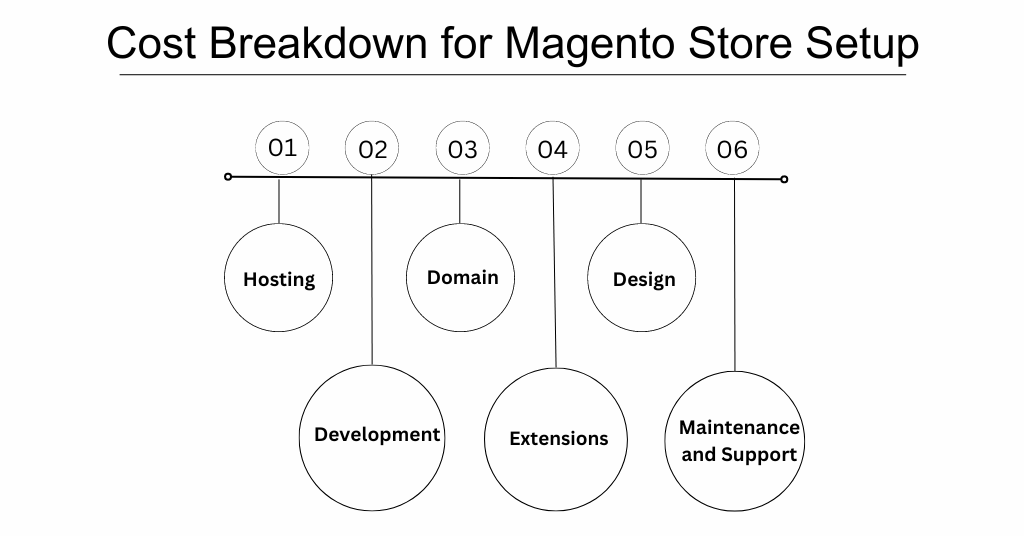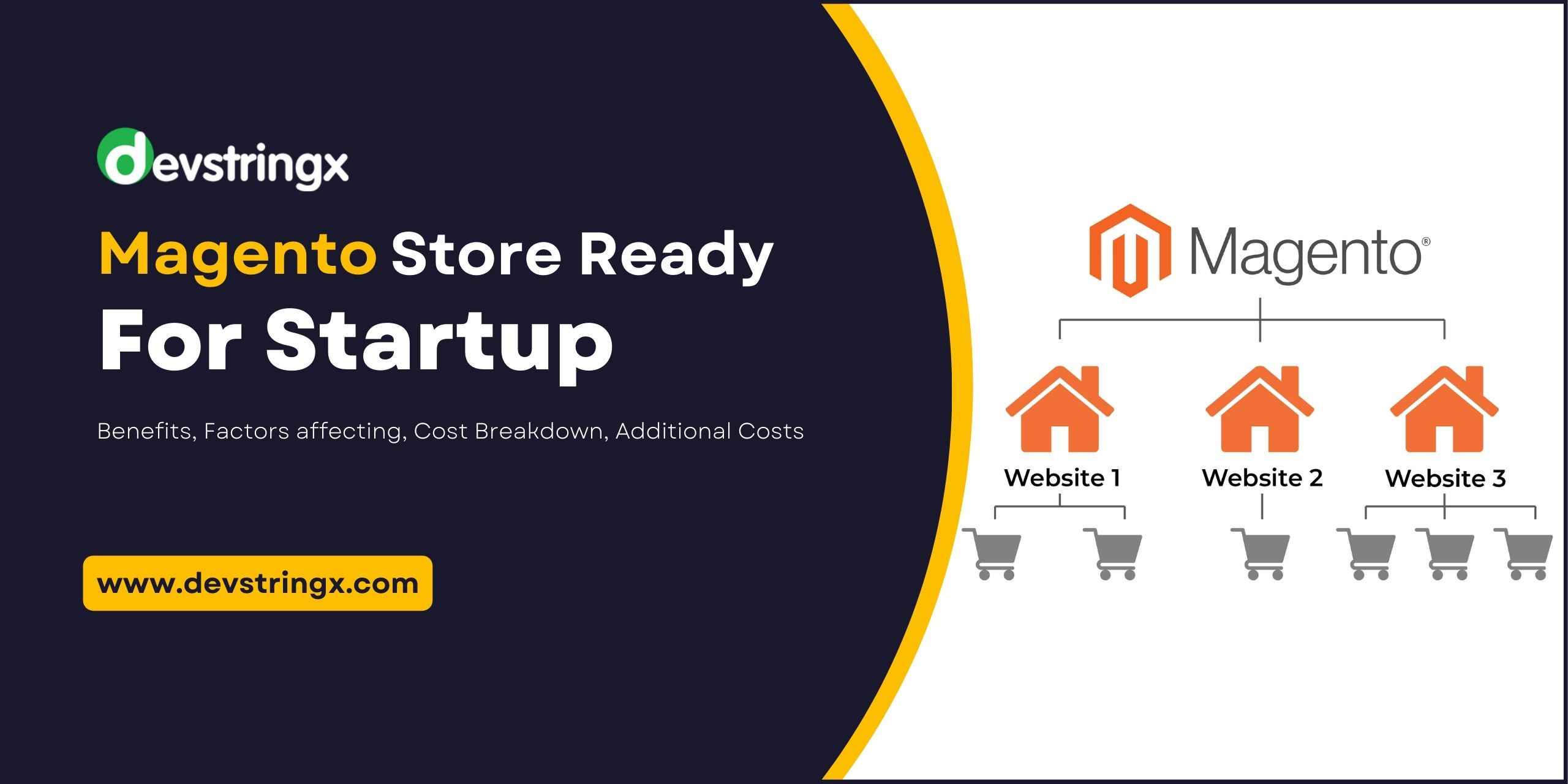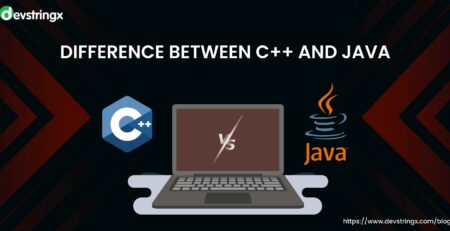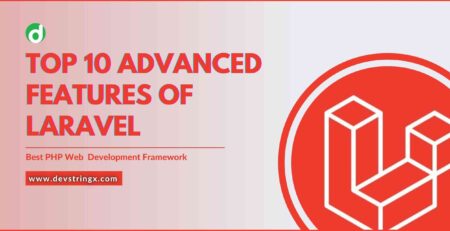How Much Does it Cost to Get Your Magento Store Ready for a Startup? – DS
Cost to Get Your Magento Store Ready for a Startup
As a startup, you need an online store that can handle your growing business. Magento is a popular e-commerce platform that can help you achieve this goal. It offers a wide range of features and functionalities, making it an ideal choice for startups. But how much does it cost to get your Magento store ready for a startup? In this article, we’ll discuss the factors affecting the cost of Magento store setup, essential features and functionalities, cost breakdown, ways to reduce costs, hiring a Magento developer vs DIY approach, Magento support and maintenance costs, additional costs to consider, and a Magento store setup checklist for startups.
Magento and its Benefits for Startups
Magento is an open-source eCommerce platform that provides a range of features and tools for building and managing online stores. Here are some of the benefits of Magento for startups:
-
Flexibility
Magento is highly flexible and can be customized to meet the specific needs of your startup. It offers a range of customization options, from design to functionality, which enables you to create a unique online store.
-
Scalability
Magento can handle large volumes of traffic and transactions, making it suitable for startups that plan to grow quickly. As your business grows, Magento can accommodate your needs by scaling up and adding new features.
-
Open-Source
Magento is open-source software, which means that it is free to use and can be modified to meet your specific requirements. This makes it a cost-effective option for startups that have limited resources.
-
SEO-Friendly
Magento is built with SEO in mind, and it offers a range of features to help you optimize your store for search engines. This can help you improve your search engine rankings and drive more traffic to your website.
-
Multi-Store Management
Magento allows you to manage multiple stores from a single admin panel, saving you time and simplifying your management tasks.
-
Community Support
Magento has a large community of developers and users who offer support and share their knowledge. This can be a valuable resource for startups that are just starting out and need help with the platform.
Factors Affecting the Cost of Magento Store Setup
The cost of setting up a Magento store can vary depending on several factors. One of the most significant factors is the complexity of the website design and functionality. Suppose you need a highly customized website design or require advanced functionality, such as integration with third-party systems or custom payment gateways. In that case, this will increase the cost of your Magento store setup.
Another factor that affects the cost is the size of your online store. If you have a large product catalog, you may need additional development time to set up the store and optimize it for performance. Additionally, if you need to migrate data from an existing eCommerce platform, this can also increase the setup cost.
The hosting and server infrastructure you choose can also affect the cost of setting up a Magento store. If you choose a dedicated server, this can increase the cost, but it can also provide better performance and security for your online store. However, if you choose shared hosting or cloud hosting, this can reduce the cost but may also result in slower page load times and less security.
The experience and expertise of the developer or agency you hire for the Magento store setup can also affect the cost. If you hire an experienced and skilled developer or agency, you can expect to pay a higher rate, but this can also result in a more efficient and effective setup process.
The cost of setting up a Magento store can vary depending on a range of factors, and it’s important to carefully consider your specific requirements and budget before choosing an eCommerce platform and developer or agency.
Good to Read:- How Much Does it Cost to Make an App in India?
Cost Breakdown for Magento Store Setup
 Here is a general cost breakdown for setting up a Magento store
Here is a general cost breakdown for setting up a Magento store
-
Hosting
The cost of hosting a Magento store can range from $5 to $100+ per month depending on the type of hosting you choose. Shared hosting is the most affordable option, while dedicated servers are the most expensive.
-
Domain
The cost of a domain name can range from $10 to $50+ per year, depending on the domain extension (.com, .net, .org, etc.) and the domain registrar.
-
Design
The cost of website design for a Magento store can vary greatly depending on your requirements and the complexity of the design. A basic custom theme can cost anywhere from $500 to $2,000, while a more advanced design can cost upwards of $5,000.
-
Development
The cost of development for a Magento store can also vary widely depending on the complexity of the functionality required. Basic setup and configuration can cost $1,000 to $3,000, while more advanced development work can cost $5,000 to $20,000 or more.
-
Extensions
Magento offers a range of extensions and plugins to add functionality to your store. The cost of extensions can range from free to several hundred dollars or more, depending on the complexity and features provided.
-
Maintenance and Support
Ongoing maintenance and support for your Magento store can also add to the overall cost. This can include updates and upgrades, security patches, and troubleshooting. The cost of ongoing maintenance can range from $100 to $500+ per month.
It’s important to note that these costs are estimates and can vary greatly depending on your specific requirements, location, and the developer or agency you choose for your Magento store setup. Additionally, there may be other costs such as payment gateway fees, SSL certificates, and marketing and advertising expenses that you should also consider when planning your budget for a Magento store setup.
Ways to Reduce Magento Store Setup Costs
Here are some ways to reduce the cost of setting up a Magento store:
- Instead of investing in a custom design, consider choosing a pre-built theme that fits your needs. There are many free and affordable themes available that can help you save on design costs.
- Magento has a large community of developers who offer free extensions that can add functionality to your store. Instead of purchasing expensive extensions, consider using free ones to reduce costs.
- Investing in server optimization can improve the performance of your store, allowing you to use a more affordable hosting plan. Consider using a content delivery network (CDN), caching, and other optimization techniques to improve site speed and reduce hosting costs.
- Some tasks, such as data entry and content creation, can be done in-house to reduce costs. Consider taking on some of the work yourself or delegating tasks to your team.
- Instead of trying to include every feature possible in your Magento store, prioritize essential features that are necessary for your business. This can help you save on development costs and launch your store more quickly.
- While it may be tempting to choose a developer or agency with the lowest rates, investing in an experienced and skilled team can actually save you money in the long run. They will be able to complete the setup more efficiently and effectively, reducing development costs and minimizing the risk of errors and issues.
There are many ways to reduce the cost of setting up a Magento store. By prioritizing essential features, using pre-built themes and free extensions, and optimizing server configuration, you can launch your store more affordably while still providing a great user experience for your customers.
Good to Read- A Definite Guide On Travel App Development Cost
Hiring a Magento Developer Vs DIY Approach
Deciding whether to hire a Magento developer or take a DIY approach depends on several factors, including your technical skills, budget, and timeline.
If you have experience with web development and are comfortable working with Magento, taking a DIY approach can be a good way to save money. However, if you are new to eCommerce or do not have the technical skills to set up a Magento store, it may be more efficient and cost-effective to hire a developer.
Here are some factors to consider when deciding whether to hire a Magento developer or take a DIY approach:
-
Technical Skills
Setting up a Magento store requires technical knowledge of web development, eCommerce, and Magento. If you do not have the necessary technical skills, hiring a developer may be a better option.
-
Budget
Hiring a developer can be expensive, and the cost of development can vary depending on the complexity of your requirements. If you have a limited budget, a DIY approach may be more affordable.
-
Timeline
Setting up a Magento store can be time-consuming, especially if you do not have experience with eCommerce. If you need to launch your store quickly, hiring a developer can help you meet your timeline.
-
Customization Requirements
If you need a highly customized Magento store with advanced functionality, hiring a developer is likely the best option. They will have the expertise to develop custom solutions to meet your needs.
-
Maintenance and Support
Maintaining and supporting a Magento store can be time-consuming and requires technical knowledge. If you do not have the time or skills to maintain and support your store, hiring a developer to provide ongoing support can be beneficial.
Additional Costs to Consider
When setting up a Magento store, it’s important to consider additional costs beyond the setup and development fees. Here are some additional costs to consider:
-
Marketing
After launching your Magento store, you will need to invest in marketing to drive traffic and sales. This may include paid advertising, social media marketing, email marketing, and content marketing.
-
SEO
Optimizing your Magento store for search engines is important to improve your visibility in search results. This may include optimizing your site structure, content, and product pages, as well as building backlinks to your site.
-
Payment Gateway Fees
When processing payments through your Magento store, you will need to pay fees to the payment gateway provider. These fees can vary depending on the provider and the transaction volume.
-
Hosting and Maintenance
Hosting and maintaining a Magento store can also come with additional costs. This may include hosting fees, security and backup services, and ongoing maintenance and updates.
-
Third-Party Integrations
If you need to integrate your Magento store with third-party applications or services, there may be additional fees involved. For example, integrating with a shipping or inventory management platform may require paying for a subscription or transaction fees.
When setting up a Magento store, it’s important to consider not only the development and setup costs but also additional costs such as marketing, SEO, payment gateway fees, hosting and maintenance, third-party integrations, and product photography. By accounting for these additional costs in your budget, you can ensure that you have the resources needed to launch and maintain a successful Magento store.
Another cost to consider when setting up a Magento store is transaction fees. When you process payments through your Magento store, you may need to pay a fee per transaction to the payment processor. The fee can vary depending on the payment processor and the volume of transactions you process.
In addition to transaction fees, some payment processors may also charge setup fees, monthly fees, or other fees for additional services such as chargeback protection or fraud detection.
When setting up your Magento store, it’s important to factor transaction fees and other payment processing fees into your budget to ensure that you are aware of the full cost of processing payments through your store. By comparing payment processors and their fee structures, you can select the one that offers the most cost-effective solution for your eCommerce business.
Good to Read- List of Noida’s Top Mobile App Development Companies
Conclusion
In conclusion, setting up a Magento store can be a significant investment for startups, but it offers a range of benefits that can help your business grow. The cost of setting up a Magento store can vary depending on several factors, including website design and functionality, store size, hosting and server infrastructure, and developer expertise. A general cost breakdown includes hosting, domain, design, development, extensions, and ongoing maintenance and support.
To reduce costs, startups can consider using pre-built themes, outsourcing development work to a lower-cost country, or using open-source extensions instead of paid ones. Ultimately, the choice of a Magento store setup approach will depend on your specific business requirements, budget, and long-term goals.
Do you want to take your online store to the next level? It’s time to hire a skilled Magento developer. Don’t wait any longer – Contact Us & hire a Magento developer today and grow your online e-commerce business!














